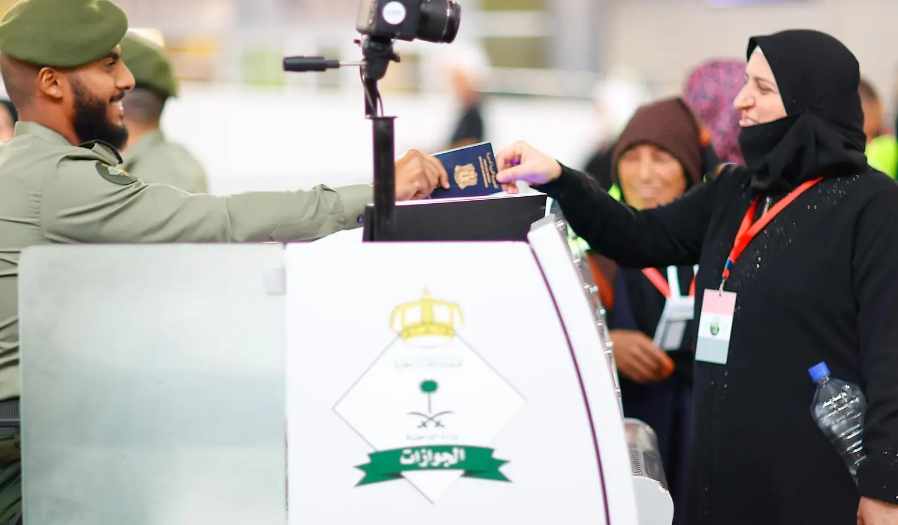Saudi camel-whisperers use ‘special language’ to train herd
- Date: 19-Jan-2023
- Source: Kuwait Times
- Sector:Transport
- Country:Saudi Arabia
Saudi camel-whisperers use ‘special language’ to train herd
The cries of camel herder Hamad Al-Marri mean nothing to the untrained ear, but his animals respond instantly, gathering behind him to walk together across the Saudi desert. The mode of communication, known as Alheda’a, was inscribed last month on UNESCO’s list of intangible cultural heritage, highlighting the deep traditional connection between camels and inhabitants of the Arabian Peninsula.
A skilled camel herder can use his voice alone to soothe an animal, make it kneel and even signal a change in direction as they trudge together through the desert sands, said the UN cultural agency. “There is a special language between the owner of a camel and his camel,” explained 36-year-old Marri, a civil servant who owns 100 camels, grazing them 150 kilometers (about 90 miles) northeast of the capital Riyadh.
“The camels know the tone of their owner’s voice and respond to him immediately, and if someone else calls them, they will not respond to him.” Dubbed the “ships of the desert”, camels have long been a crucial mode of transportation in Saudi Arabia, conferring status on their owners and fuelling the rise of a lucrative camel-breeding industry.
There are “many rock carvings that show painted camels and tell the story of






















